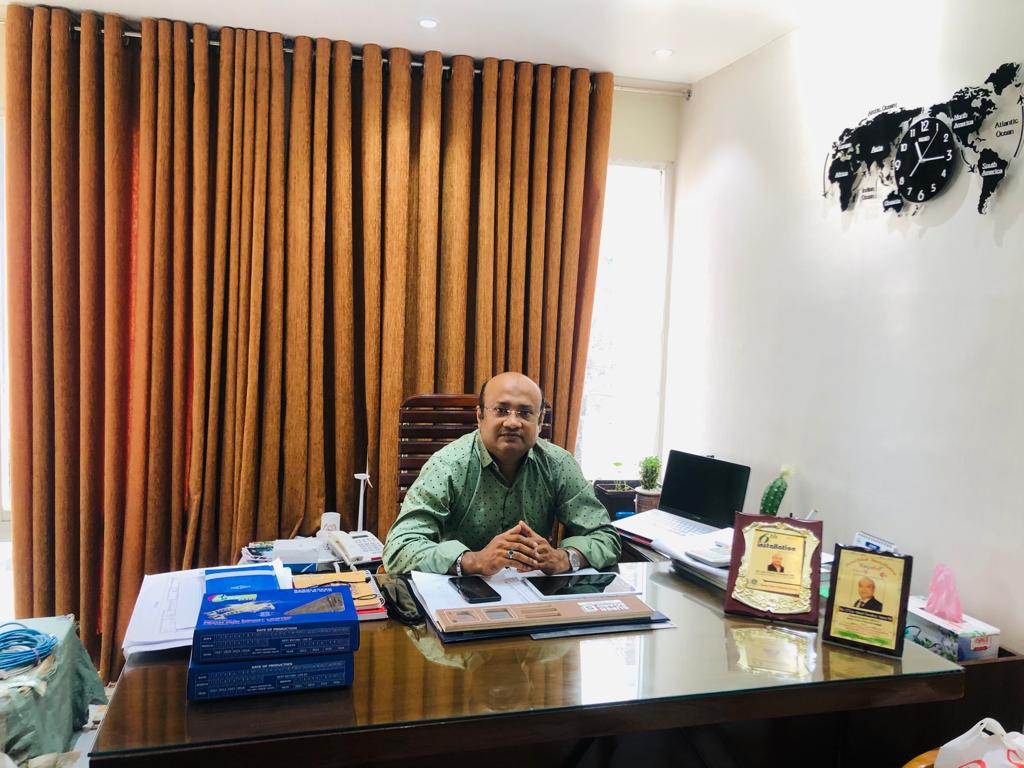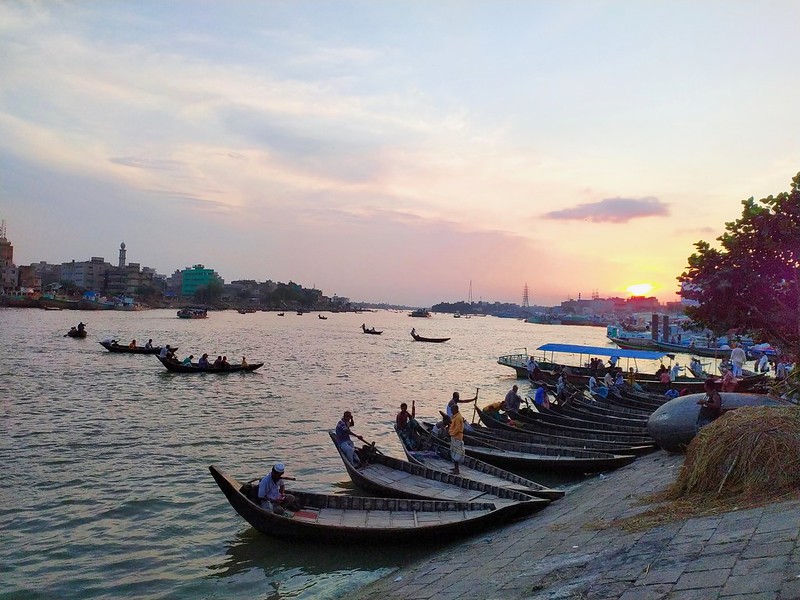About Us
Rayna Shrimp Trade International is an international Shrimp delevery company.
For over 15 years, our work on sustainable aquaculture and fisheries has improved the lives of millions of women, men and youth.
Fish and other aquatic foods grown in and harvested from oceans, lakes, rivers and ponds provide income for more than 800 million people and provide 3.3 billion with 20% of their animal protein intake. Our focus on sustainability makes sure that the way we produce and use these foods today means a plentiful future of generations to come.
Our evidence-based solutions range in scale from households to global policies and spans across six interlinked themes: nutrition, gender, climate, sustainability, economy and COVID-19.
We champion aquatic foods for healthy people and planet and believe that a sustainable blue planet of well-nourished children, women and men is within our reach.

Ezaz Ahmed Chowdhury Sumon
- MBA (Marketing); M.Com (Accounting)
- Charter President: Rotary Club of Ruposhi Khulna
(RID-3281) - Join Secreatry: Khulna Metropolitan Shooting Club

OUR MISSION
To end hunger and advance sustainable development by 2030 through science and innovation to transform food, land and water systems with aquatic foods for healthier people and planet.
OUR VISION
An inclusive world of healthy, well-nourished people and a sustainable blue planet, now and in the future.
OUR STRATEGY
We provide holistic thinking and scientific evidence to transform aquatic food systems for healthy people and the planet.
17 percent of all animal protein eaten comes from aquatic foods. They are also, bite for bite, among the best sources of micronutrients – the vitamins and minerals essential for health and wellbeing. The naturally low carbon footprint of aquatic foods also adds resilience to communities faced with the rising impacts of climate change.
Aquatic foods are produced and caught with many different technologies and at many different scales – from household ponds and small-scale fishers to global trawler fleets that roam the oceans. Our strategy seeks to transform food systems to ensure equitable and sustainable access to food from water.
Equity is important locally, so that women, young people and other marginalized groups are not deprived of the opportunity to use aquatic foods to enhance their health, wellbeing and economic lives. Global equity is equally important, so that low- and middle-income countries are able to use aquatic foods to develop their economies and support their people.
